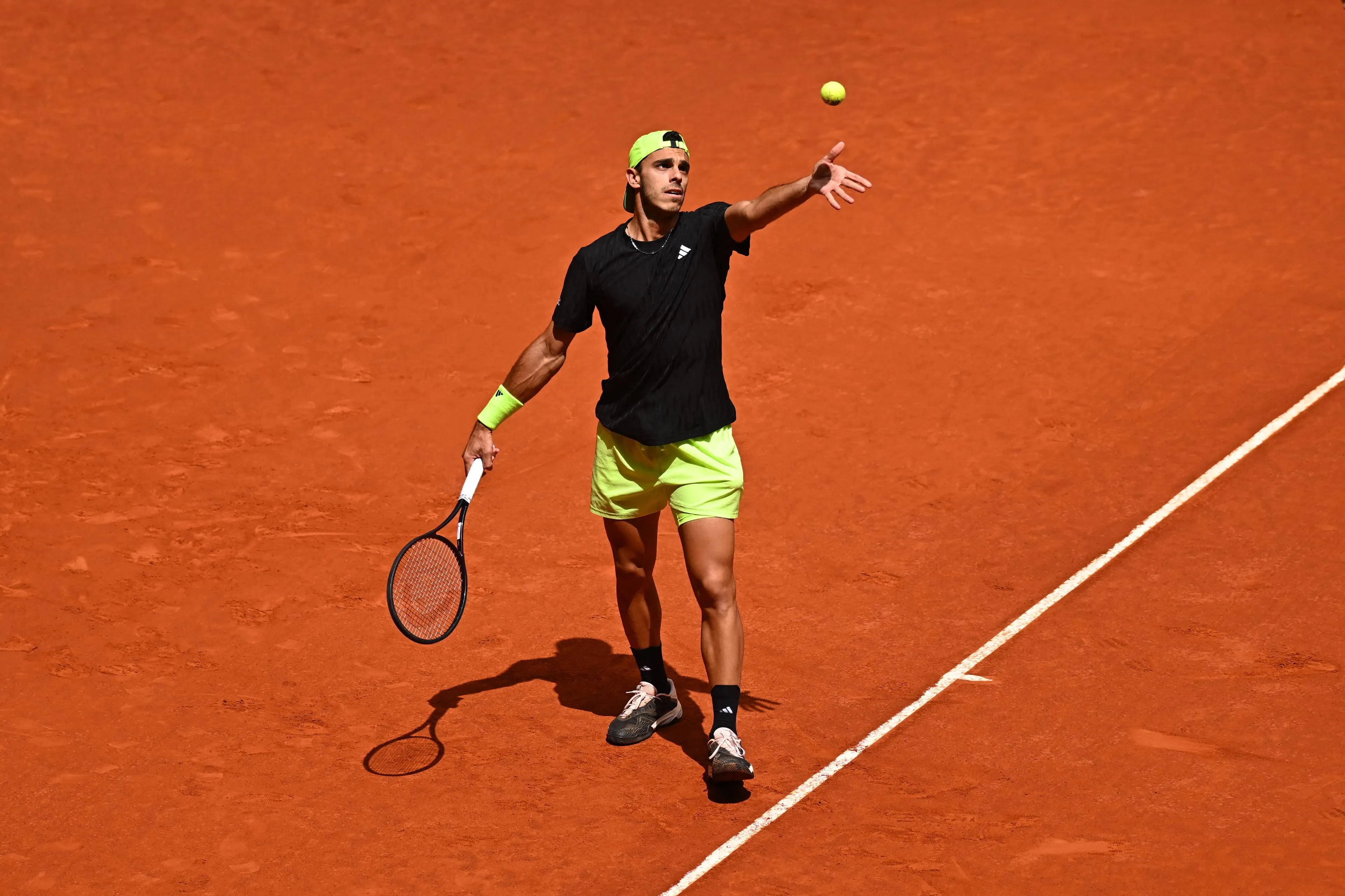“The dumbest people in our sport be like, ‘Oh doping!’: Andy Roddick defends Iga Swiatek in doping controversy
WTATuesday, 03 December 2024 at 18:30

Andy
Roddick has once again defended Iga Swiatek amid the controversy surrounding
the Polish player’s recent positive doping test. The 2003 US Open champion
expressed regret over the uproar, stating that the situation likely didn’t
impact Swiatek’s performance.
The
five-time Grand Slam champion revealed on social media last weekend that she
had tested positive for Trimetazidine a few months ago due to consuming
contaminated melatonin. She accepted a one-month suspension, which she is
serving during the off-season.
Roddick supports Swiatek in doping scandal
The tennis
world was shaken by the announcement, rekindling discussions about Jannik
Sinner’s case earlier this year, where he escaped suspension. Criticism has
since resurfaced, with figures like Nick Kyrgios and Denis Shapovalov alleging
unequal treatment for Swiatek and Sinner compared to similar cases involving
other players.
Read also
In the
latest episode of his Served with Andy Roddick podcast, the former world
No. 1 sympathised with Swiatek and absolved her of blame. “It’s just
unfortunate for her,” Roddick said. “Obviously, a negative test in Paris at the
Olympics, negative tests in New York, so this isn’t some ongoing thing. It just
sucks.”
“So let's
talk about the doping—it’s not even doping, just contaminated substances and
testing for billionths of grams. Some players chirp about these champions, who
are future Hall of Famers, yet they’ve never managed to string together two
good days of work in their own careers.”
Read also
Roddick
also criticised those who place excessive importance on such cases, reiterating
that the incidents involving Swiatek and Sinner did not influence their
performance as multiple Grand Slam champions. “The dumbest people in our sport
be like, ‘Oh doping!’ I have taken melatonin before; who’s to say ours isn’t
contaminated?” he added.
“Are we
going to continue to clutch pearls about one-one-billionth of a gram of
something that didn’t have any performance enhancement? What are we trying to
solve with the ITIA and then to WADA?,” Andy Roddick added. “What are we trying
to solve for? Performance enhancement. If we’re seeing, and all the scientists
are telling us in the independent tribunals, those types of people are saying,
‘It didn’t enhance performance at all.’ Then why do we care?”
claps 0visitors 0
Just In
Popular News
Latest Comments
- LOL. Billie Jean King hates being a woman.
- Pulling out a tournament is not illegal. Therefore, that is no problem. Maybe they need more rest.
- It is simple. If you do not want cameras following you, get away from tennis and go find another job. Cameras and interviews are a part of the job. They do not mind cameras when they are winning. If the women tennis players would put the same amount energy to playing tennis as they do with complaints, women tennis would be exciting to watch.
- Yeah, that's what I would do... be nice and lose a match
- Turns out Swiatek is as big a cheater as Draper (remember vs FAA?)when she didn’t admit to hitting a double bounce drop shot. The blind chair ump didn't even see it on the replay but fortunately got the correct call from someone on the phone (supervisor?) we all saw it…..it wasn’t even a close call. Great win Sakkari !!
- The women could barely play the best 2 out of 3 sets. Yet, they are always complaining about equal prize money. Equal pay means Equal work.
- What a dump!!
- Someone tell those two bored, jobless people that PRO-TENNIS IS NOT YOUR PERSONAL F'ING TOY !!!
- Hopefully, she does not come back.
- Sure she sees her tennis as a job now, thanks to her groomer
Loading










